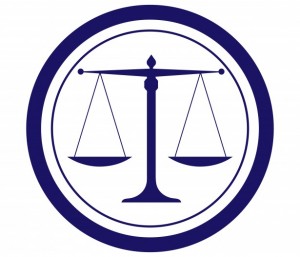7.2 Analyzing Ethical and Legal Considerations – Overview
Being a socially responsible communicator requires attention to both ethical standards and legal requirements. First, we need to draw a distinction between ethics and law.
Distinction Between Ethics and Law

Ethics
-
A branch of philosophy
-
Deals with values relating to human conduct
-
Concerned with “rightness” and “wrongness” of actions
-
Self-legislated and self-enforced
-
Sometimes difficult to determine because of competing, equally-valid possible choices
Law
-
Derived from ethical values in a society
-
Formally / institutionally determined and enforced through courts and law enforcement officials
-
Easily determined because it is a matter of statute and the legality of an an action and consequences for not adhering to the law is spelled out
In the previous lessons on developing your information task list and determining questions to answer, we’ve focused on specific information seeking goals. In each of the communication professions there are key legal considerations that must be understood that will either help, or hinder, the seeking of information to meet those goals.
In news, for example, if some of the information needed requires the use of public records then an understanding of public records and privacy laws will help you know what it is possible to get, and how to legally use these records.
In advertising, you might want to make the most of the attributes of the product you are promoting, but you will need to abide by laws dictating the substantiation of product claims.
For public relations professionals, you may need to issue a corporate response to a crisis, therefore it is important to understand the requirements or restrictions of corporate disclosure laws. We will discuss these legal perspectives later in this lesson.
Socially responsible communicators are not content with just staying on the right side of the law. While the law embodies a significant portion of our values, individuals and organizations that want to be considered socially responsible must go beyond the rough requirements of the law itself and adopt higher and more thoughtful standards.
In some cases these standards may have a legal basis as well as an ethical one. Following these standards requires the communicator to consider both “positive obligations” (things that you must always strive to do) or “negative obligations” (things that you must guard against doing).

